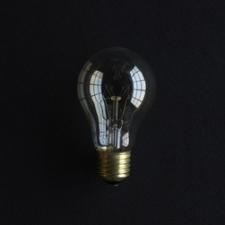

The study advises physicians to ask about what else patients are taking or doing — probably a good idea. But I’d like to see more attention paid to how physicians react when they hear about other therapies and the extent to which they are willing or able to engage with the large percentage of patients that seek relief or cure outside the medical setting at the same time they are working with their doctors.
Some of these therapies are herbs or other substances that may interact with prescribed drugs. Doctors definitely need to know about that and deal with it. Other approaches, such as massage, meditation and reflexology may be helpful for some patients – and it may or may not matter if the physician is involved.
The best physicians take a personalized, holistic approach to their patients, and do so in ways that do not conflict with the evidence-based mantra. One physician I know has a medicine man (who’s also his patient) perform a ceremony blessing the statin he prescribes to another member of the same tribe. I’m willing to bet his patients are more adherent as a result of this approach.
I’m not a major proponent of alternative and complementary medicine, but I do find it revealing to see how physicians relate to other approaches, especially for diseases they can’t cure. Do they insist that other approaches are invalid and consider them an affront? Do they balance a healthy skepticism with open mindedness to the idea that they don’t know everything? Do they vary their approach depending on the individual patients and their situations?